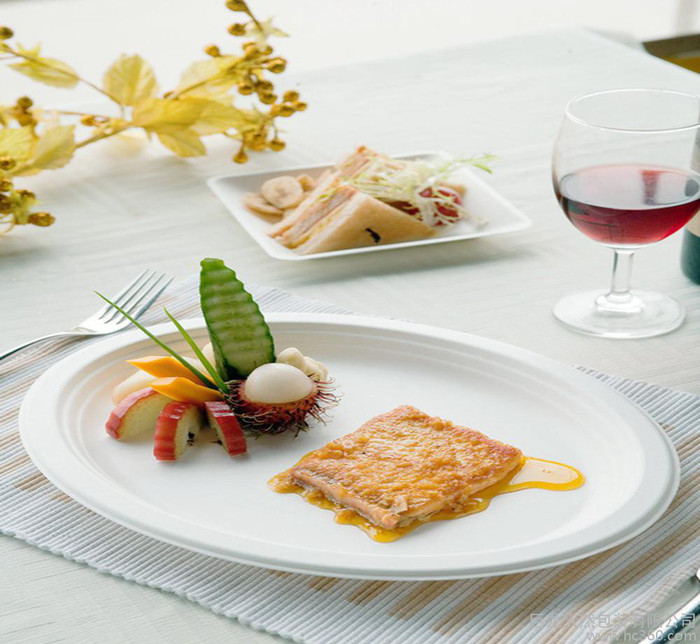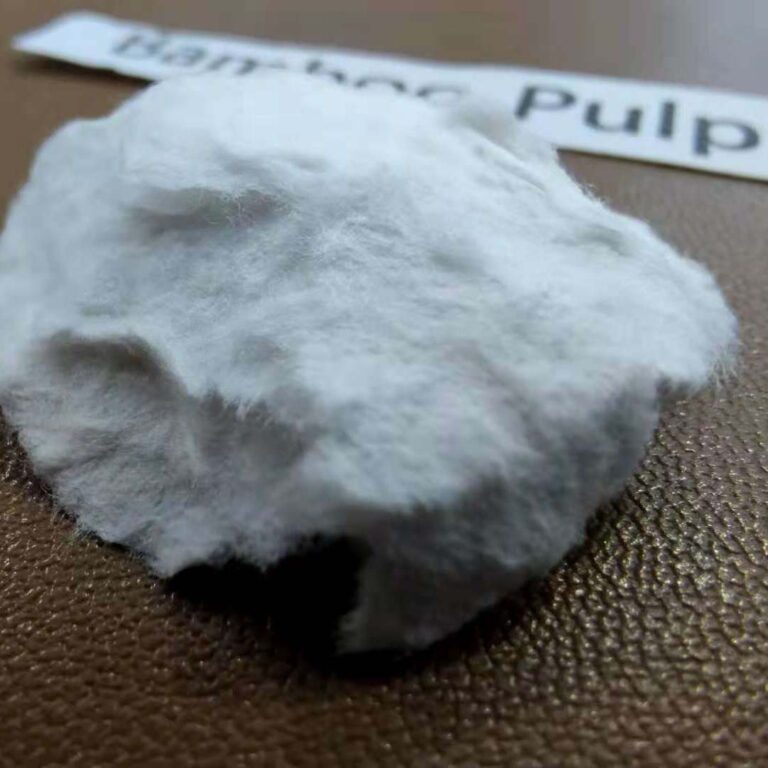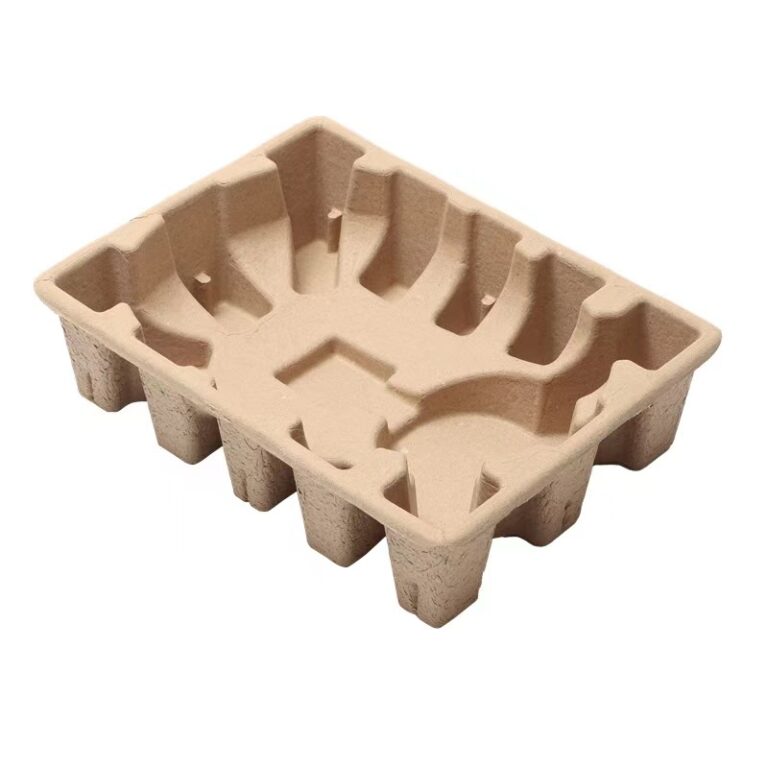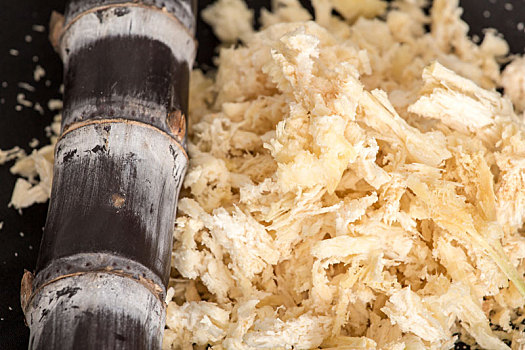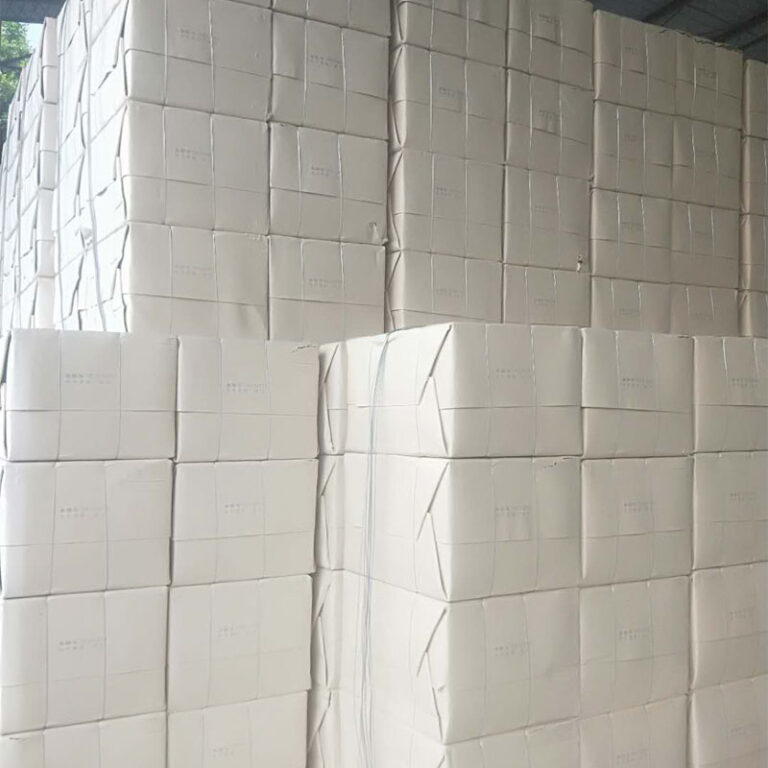The pulp molding packaging market is soaring
The pulp molding packaging market is soaring, eco-friendly food packaging has become the focus
As the food takeaway industry develops rapidly, the surge in waste such as disposable plastic tableware and packaging bags has become one of the important sources of global plastic pollution. To meet this challenge, governments and regions worldwide are intensifying restrictions on plastic use in the catering takeaway field.
Henan Province prohibits and restricts non-degradable disposable plastic products
This regulation will take effect on January 1, 2024, and clarifies the restrictions on non-degradable disposable plastic products in food takeout services;
Hainan Prefecture Non-degradable Plastic Products Management Regulations
Starting January 1, 2024, food service providers in Hainan are prohibited from proactively offering non-degradable disposable plastic utensils to consumers and are encouraged to use degradable alternatives that meet performance and food safety requirements. By the end of 2025, the use of non-degradable disposable plastic utensils in the food takeaway field will be completely banned.
Hong Kong Product Eco-responsibility (Amendment) Bill
The bill was passed in October 2023 and will implement controls on disposable plastic products in phases, aiming to promote the adoption of more eco-friendly alternatives in food service, retail, and hotel industries in Hong Kong.
Dubai Plastic Ban
Dubai will implement the plastic ban in stages, expanding the scope of the ban gradually from 2024. The ultimate goal is to completely ban the use of disposable plastic products, including those used for food and beverage takeaways.
France’s Plastic Ban Policy
France plans to gradually ban disposable plastic packaging and encourage fast food restaurants and other food service providers to use reusable tableware instead of disposable plastic tableware to reduce plastic pollution and promote green consumption.
These policies not only prompt the food industry to reassess its environmental responsibilities but also drive the industry towards a greener, more sustainable transformation. In this wave of packaging innovation, pulp molding packaging stands out for its environmental friendliness, biodegradability, and recyclability, becoming the first choice for many food service providers.
1. Food’s top choice for plastic replacement
In the field of food, the application of pulp molding packaging is gradually extending from disposable tableware to a wider range of packaging supplies. Traditional disposable plastic tableware such as bowls, spoons, and cups are being replaced by pulp molding products increasingly.

These pulp molding products not only meet the basic needs of the food industry but are also favored by consumers for their eco-friendly properties. With the continuous advancement of technology, the performance of pulp molding packaging has been continuously improved, offering features like waterproof, oil-proof, and insulation, making it more adaptable to the diverse demands of the food market.
Increasing Variety of Products: The emergence of new packaging products like pulp molding takeaway bags and salad bowls will further expand the application scope of pulp molding packaging in the food industry.

Growing Market Demand: As consumers become more aware of eco-friendly packaging, the demand for pulp molding packaging will continue to increase.
Technological Innovation: The application of intelligent production technologies will further enhance the production efficiency and quality of pulp molding packaging, reduce production costs, and strengthen market competitiveness.
2. Preferred Choice of Food Industry
Molded pulp packaging is becoming a significant driver of green transformation in the food industry. Many food chains pursuing sustainability and environmental responsibility have turned their attention to molded pulp packaging, which has won the market with its unique advantages.
Huhtamaki’s Wet Pressed Pulp Molded (SMF) Packaging: Preferred by McDonald’s and used in its European outlets.

In tea and coffee shops like Luckin Coffee, whether it is bring-in or take-out, pulp molded cup holders can be seen everywhere.
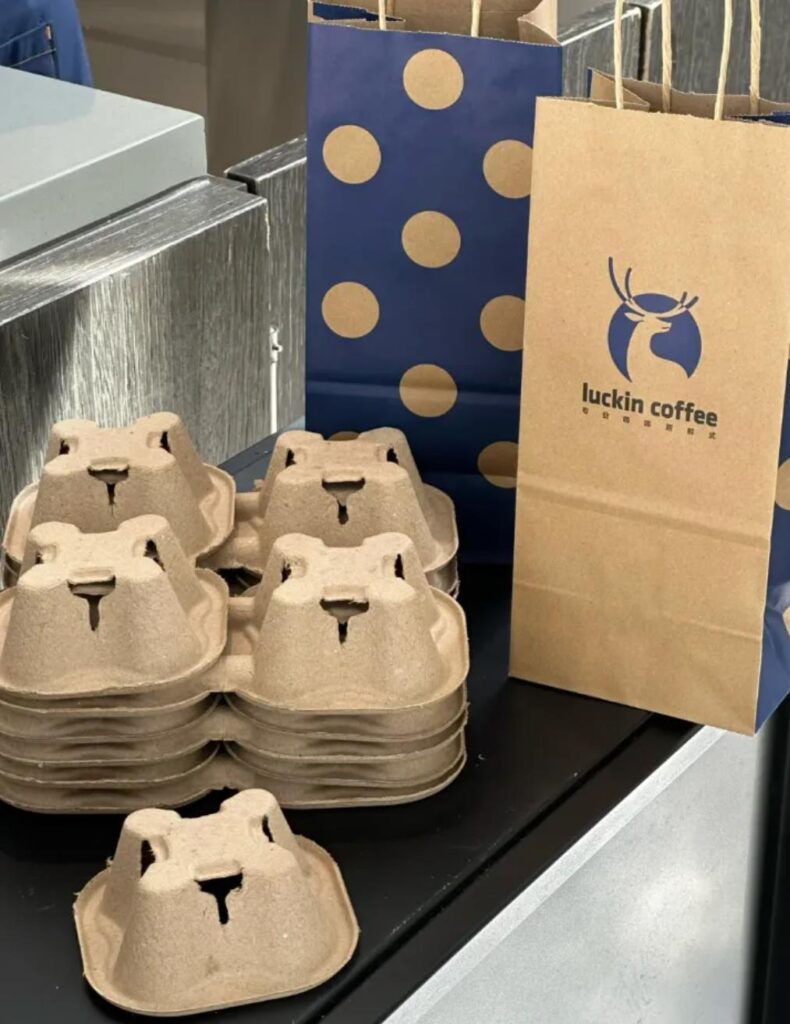
Haidilao, a renowned hotpot chain has begun to use pulp molded takeaway boxes to replace traditional plastic takeaway boxes.
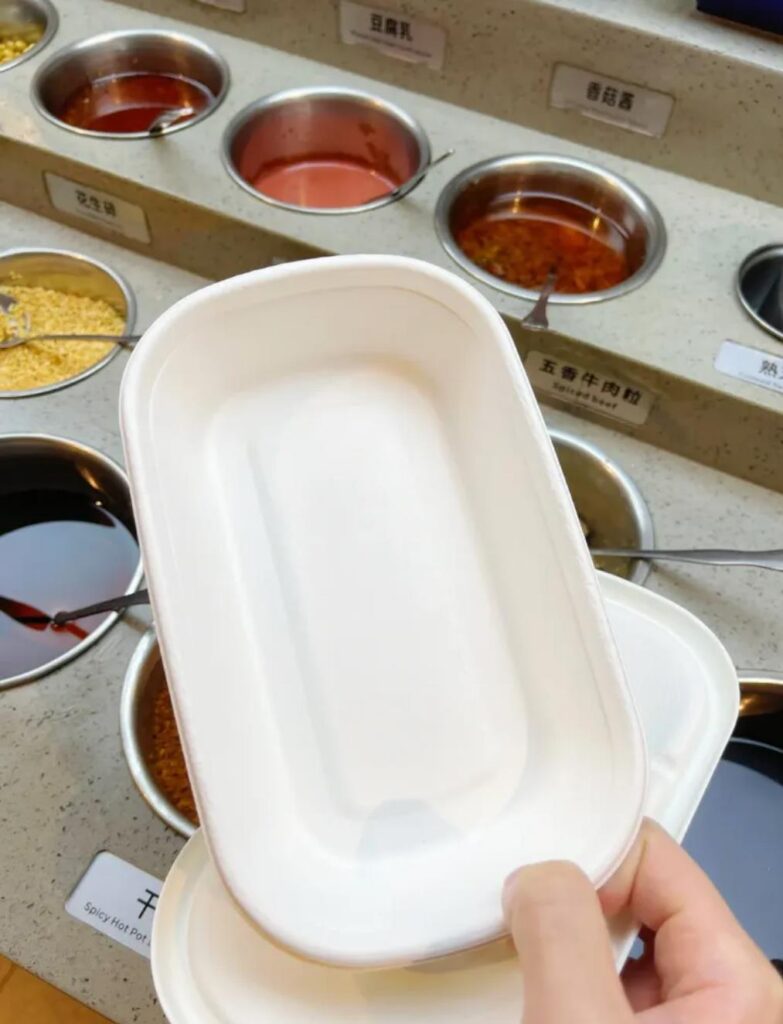
Offline ice cream shops have launched pulp-molded tea bowl ice cream.

Some high-speed trains have begun to provide pulp molded lunch boxes, knives, and forks.
3. Rapid Growth of Molded Pulp Packaging in Food Industry
In food packaging, molded pulp packaging has become a core element. Increasing consumer awareness of health and environmental responsibility, policy guidance, and market demand changes have forced food companies to accelerate their green transformation. Molded pulp packaging, with its unique biodegradable and recyclable properties, becomes a crucial option for the green transformation and upgrade of food enterprises.
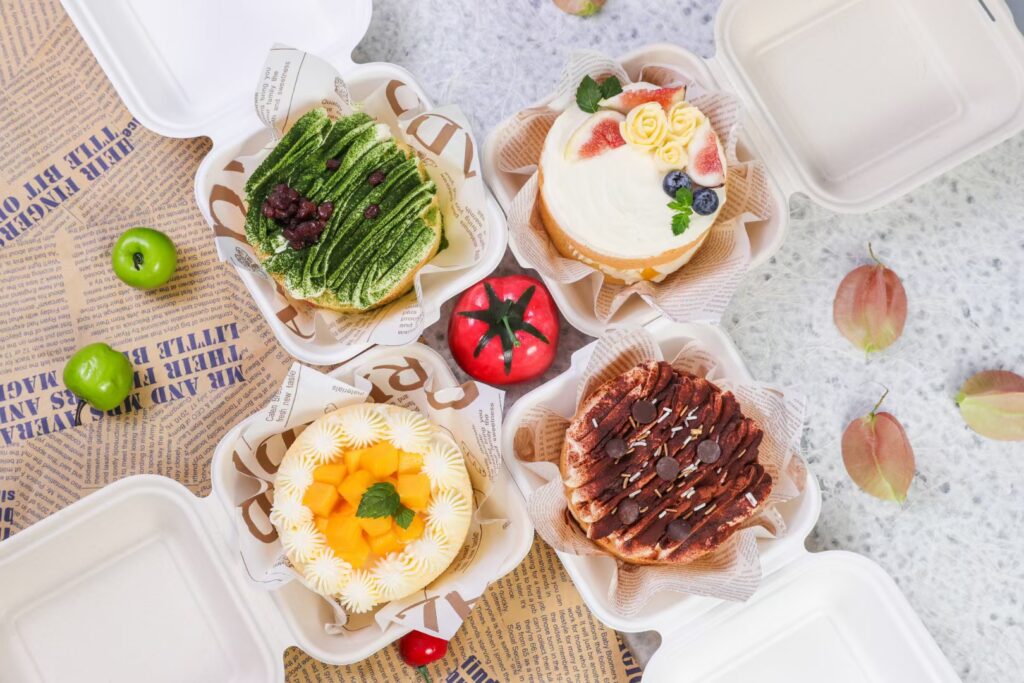
Yiwu Jinrui specializes in providing molded pulp for pulp molding factories, such as bleached and natural bamboo pulp, and bagasse pulp.

